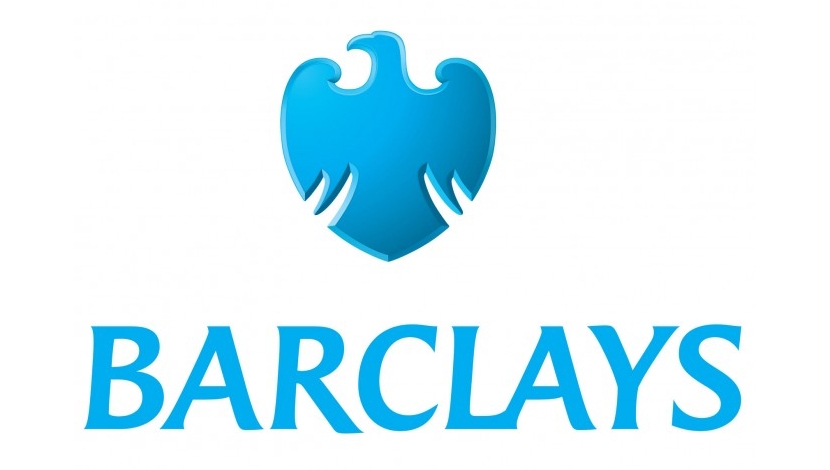
CEMENT company PPC will see its proportion of revenue from the rest of the continent almost doubling to 40% by 2017 as new plants begin to contribute, CEO Ketso Gordhan said on Monday.
SA’s largest cement maker, which derives about 22% of its sales from Africa outside South Africa, is investing in new operations in Rwanda, Ethiopia and the Democratic Republic of Congo.
Sales from Africa will increase to 40% in 2017, while Africa will make up about 45% of profits given higher margins in the rest of the continent, Mr Gordhan said at the group’s annual general meeting on Monday.
While PPC is expanding in Africa, it faces greater competition in its home territory, with Sephaku Cement — an associate of JSE-listed Sephaku Holdings and a 64%-held unit of Nigeria’s Dangote Cement — joining the market this year. PPC chairman Bheki Sibiya said the company’s expansion strategy “remains well on track”. Commissioning of the new plant in Rwanda was expected at the end of the year.
Meanwhile, construction work had commenced at PPC’s sites in Ethiopia and Congo, while more opportunities were being pursued and further announcements would be made soon.
Last month, PPC acquired a 69.3% stake in Safika Cement Holdings for R377m, which “added greater impetus to our local strategy of keeping the home fires burning”, Mr Sibiya said. He added that Pronto Readymix would be a wholly owned subsidiary by the end of May.
The operating environment in South Africa remained tough in the first quarter ended December, with PPC achieving low-single-digit cement volume growth along with price increases. While cement volumes grew in Zimbabwe, volumes in Botswana and Mozambique remained under pressure due to weak demand, and competition.
Mr Sibiya said major infra-structure projects in South Africa, Botswana and Zimbabwe would up demand for cement products.
Imara SP Reid analyst Sibong-inkosi Nyanga said the new competition from Sephaku was likely to have an effect on local margins over time, given greater supply. This was despite Sephaku saying it did not intend to introduce a price war to the local market.
Mr Nyanga said PPC’s African expansion strategy made sense, in light of higher margins in the rest of the continent and because the company was targeting countries where cement demand per capita was still low.
Demand for cement in Africa would continue to grow thanks to demand for housing and infra-structure. A large portion of the growing demand for cement came from households as opposed to large companies. “Individuals are pushing cement demand in countries like Zimbabwe, Zambia, Rwanda and so forth.”
Mr Nyanga said while PPC was facing greater competition in South Africa, competition throughout Africa was also increasing.





